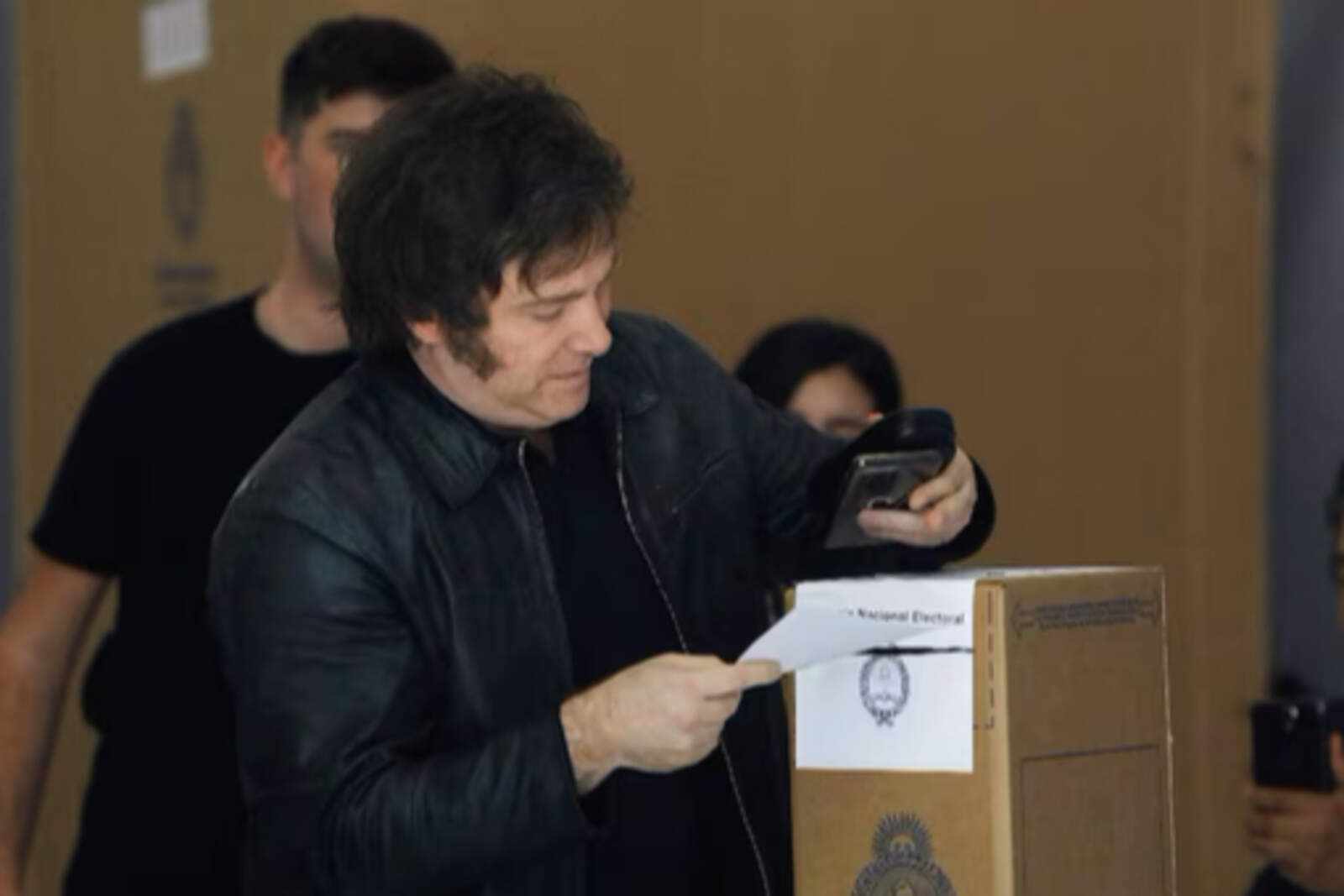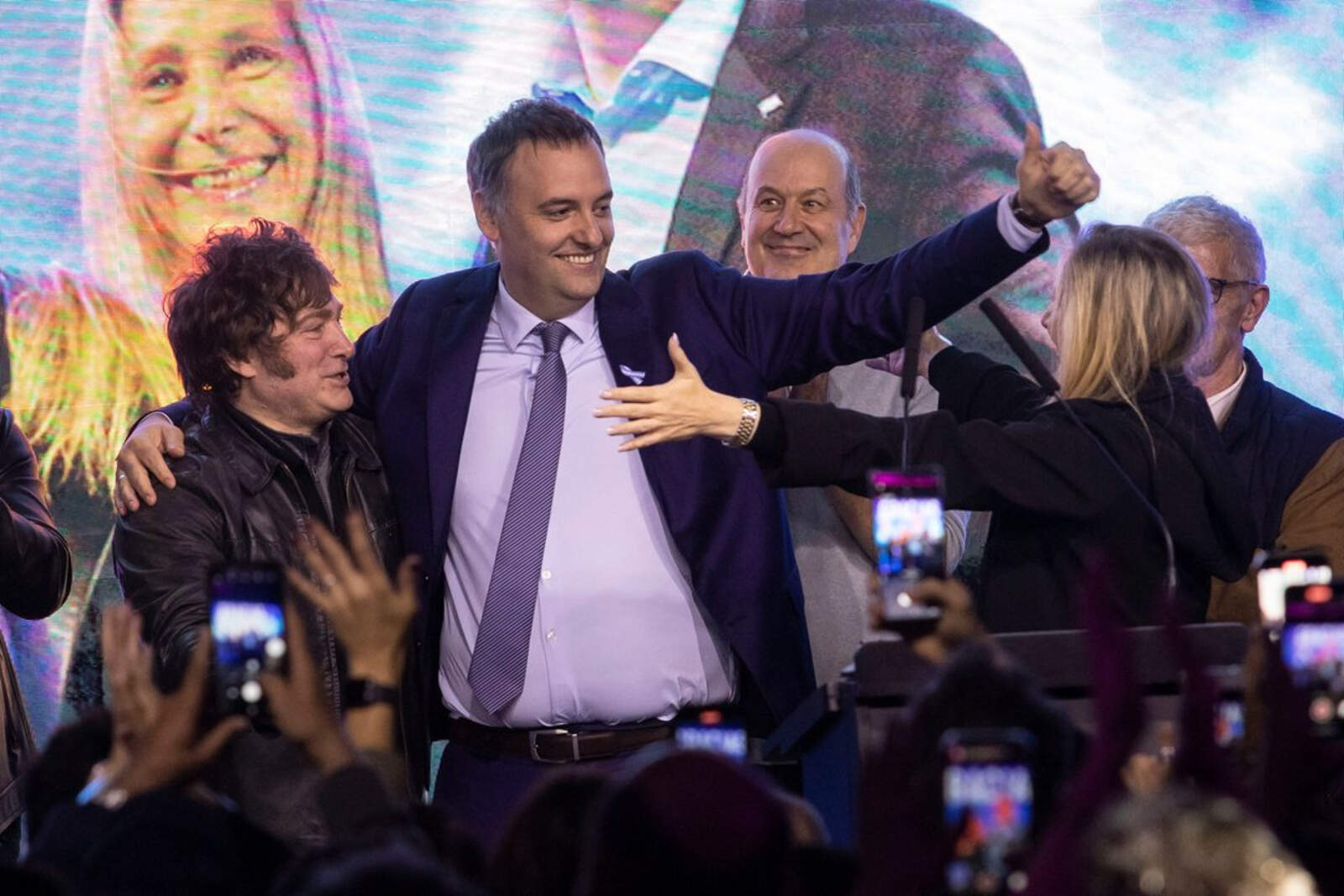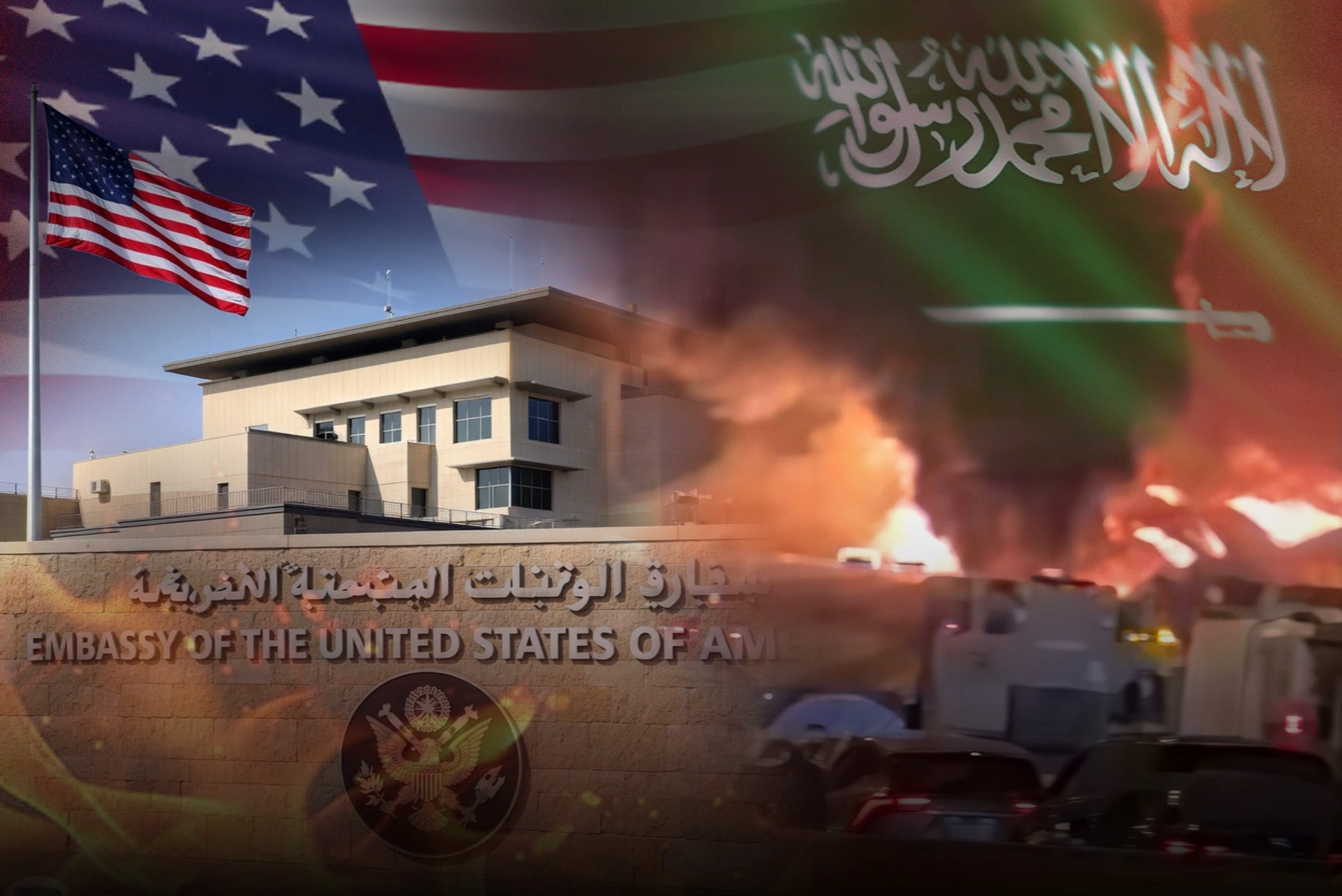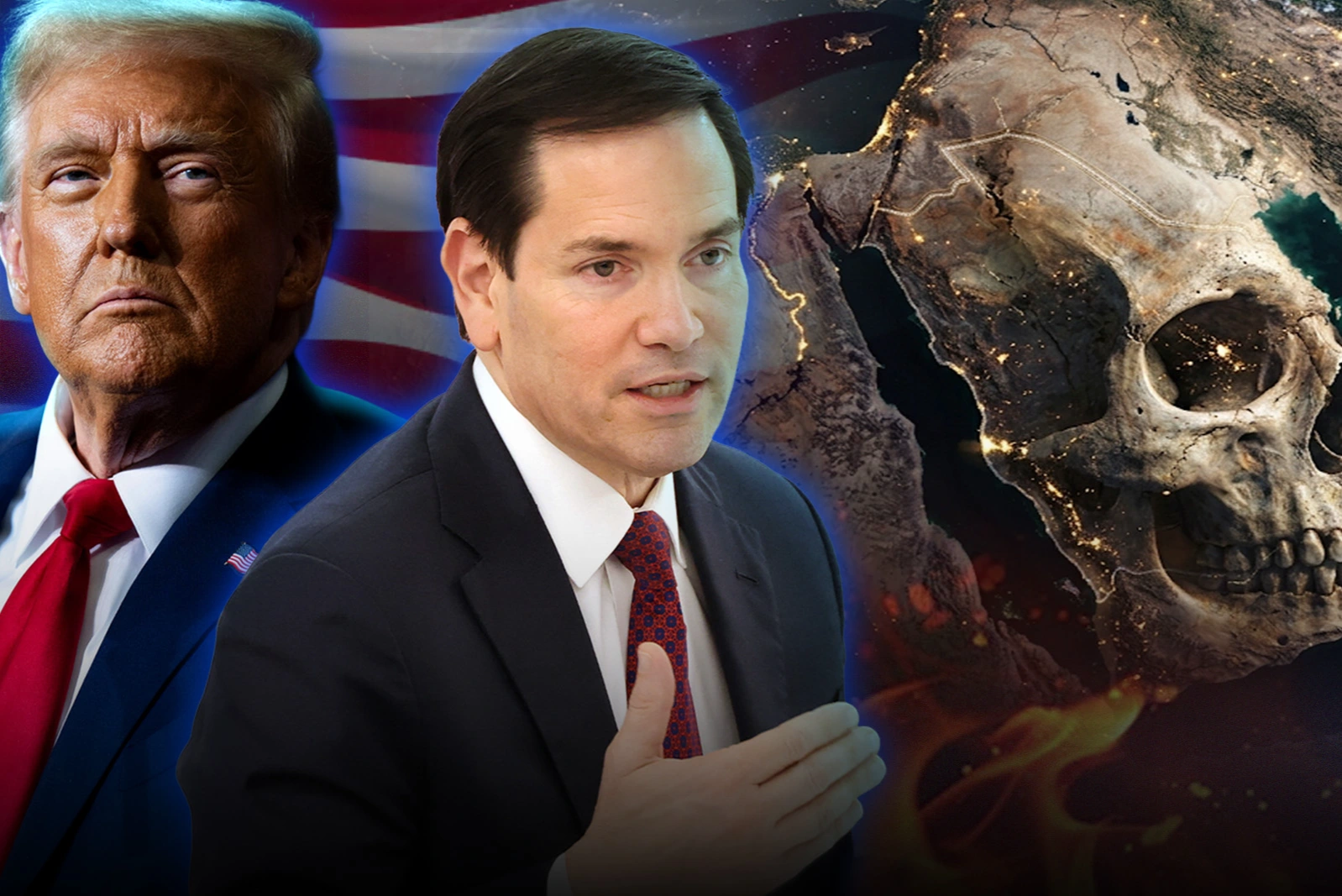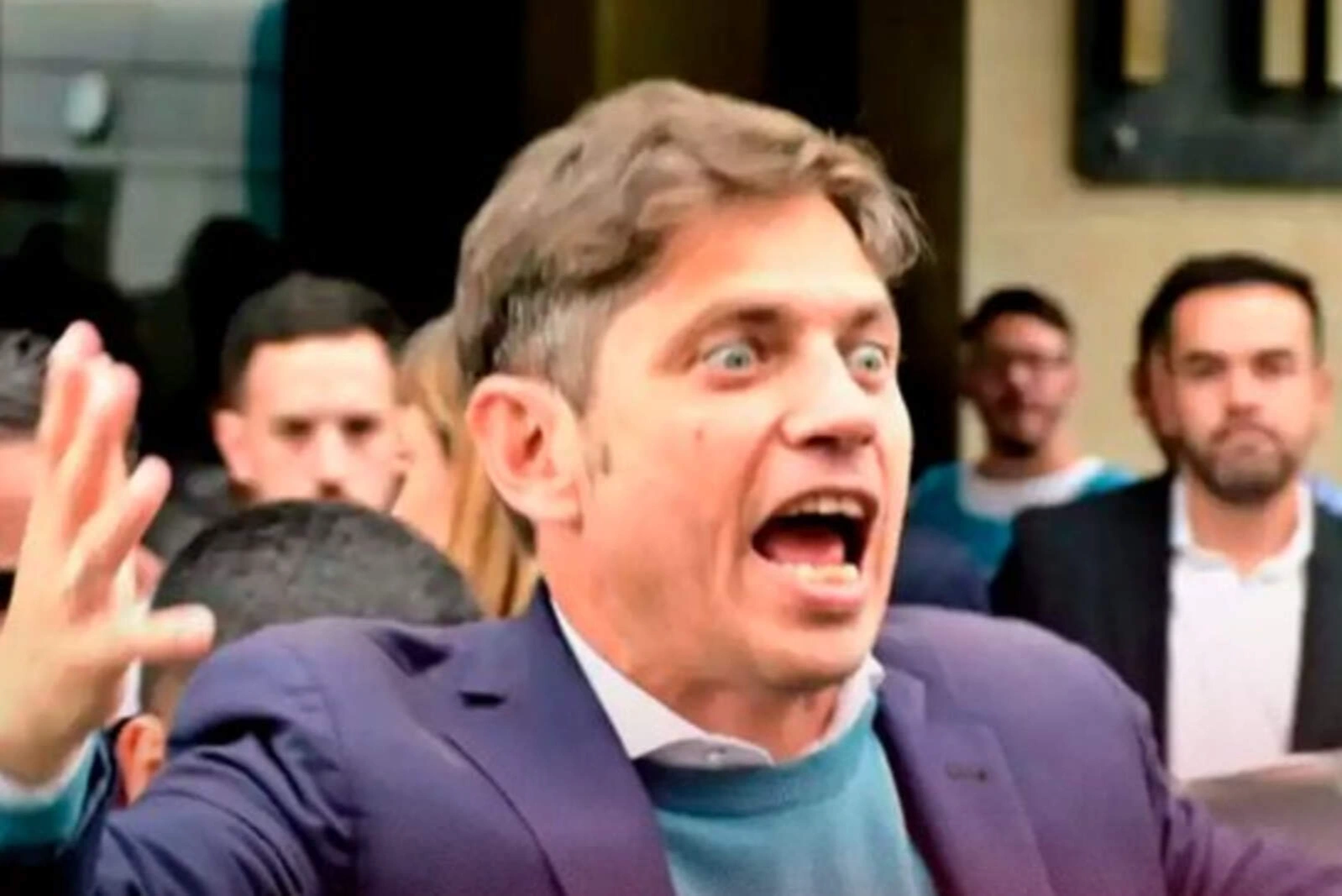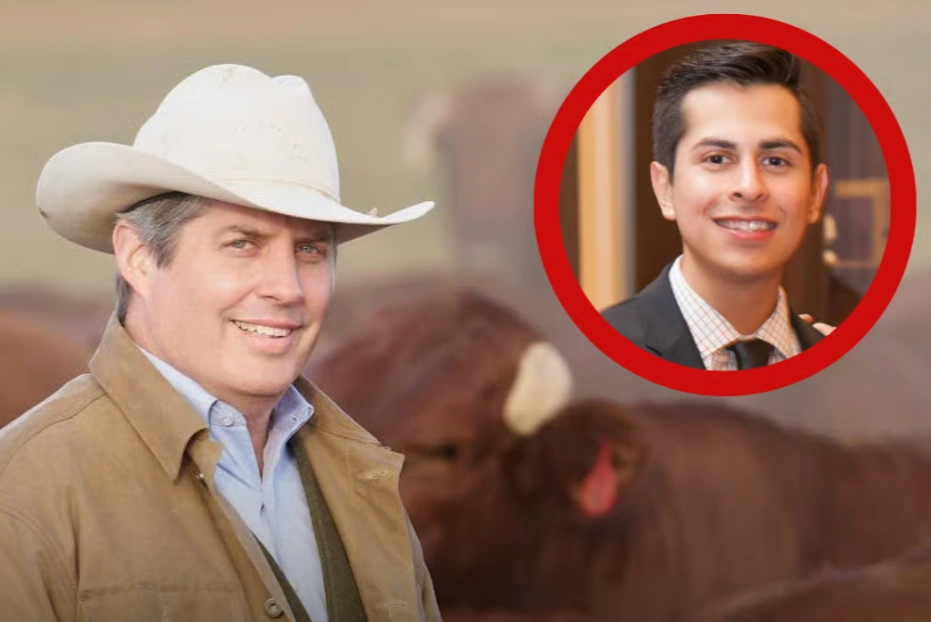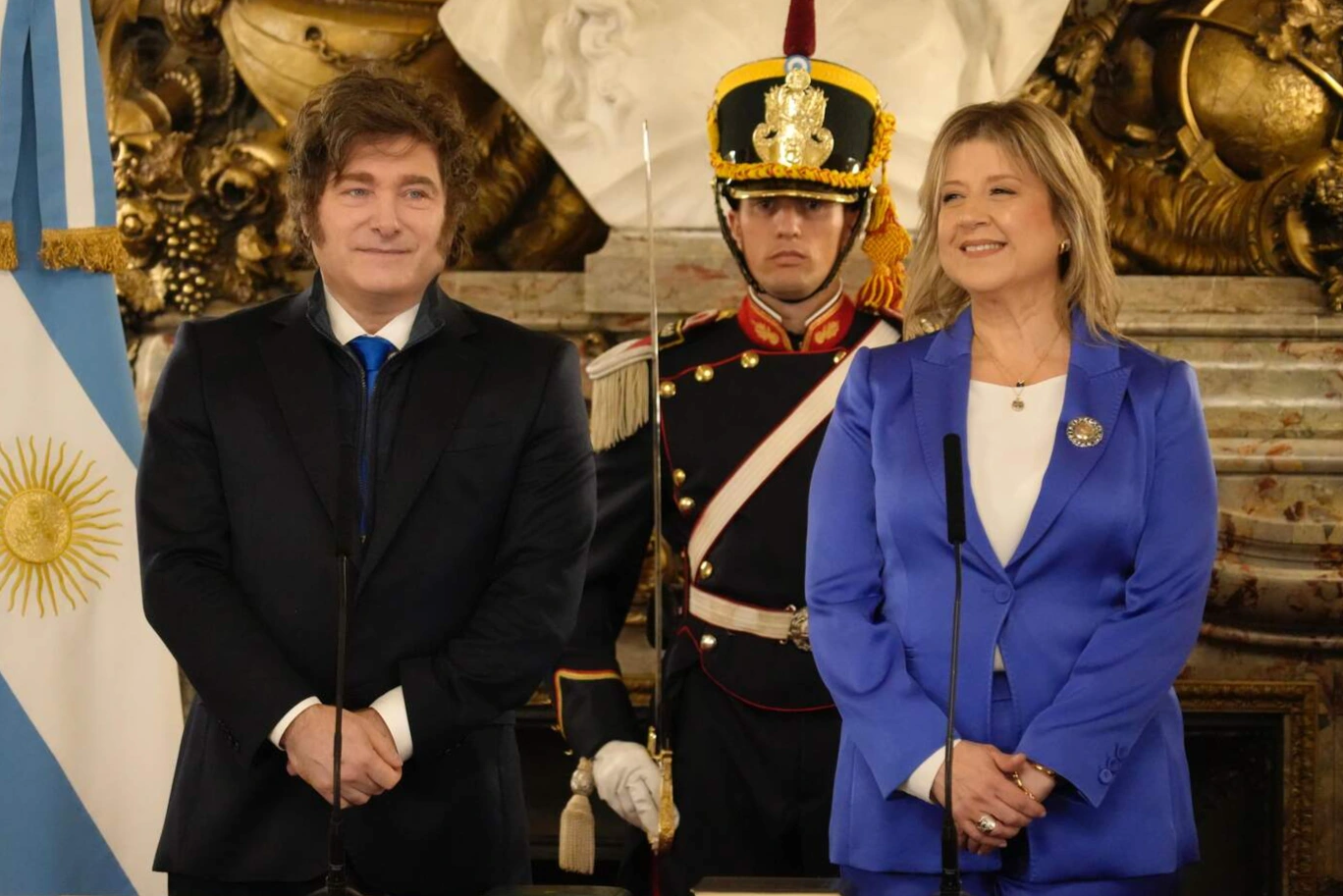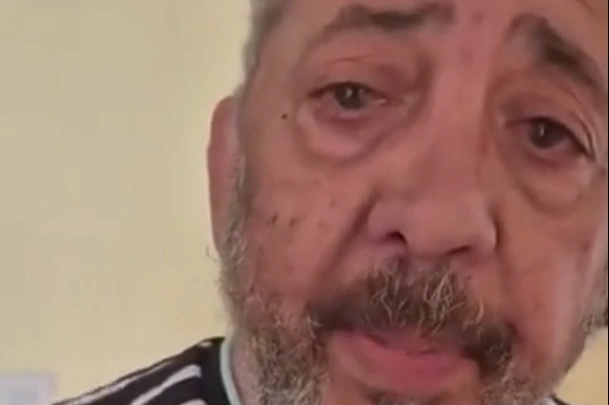In a new display of political and institutional leadership, President Javier Milei signed Decree 335/2025 this Monday, through which he calls for national legislative general elections on Sunday, October 26. The measure, published in the Official Gazette, is ahead of the deadline set by the Electoral Code —July 18— and seeks to consolidate the favorable political climate following the recent victory of La Libertad Avanza in Buenos Aires City.
The call includes the renewal of 127 seats in the Chamber of Deputies and 24 in the Senate, corresponding to eight districts: Chaco, Entre Ríos, Neuquén, Río Negro, Salta, Santiago del Estero, Tierra del Fuego, and the Autonomous City of Buenos Aires. In the case of Mendoza, five national deputy seats will be at stake, which is half of its representation in the Lower House.
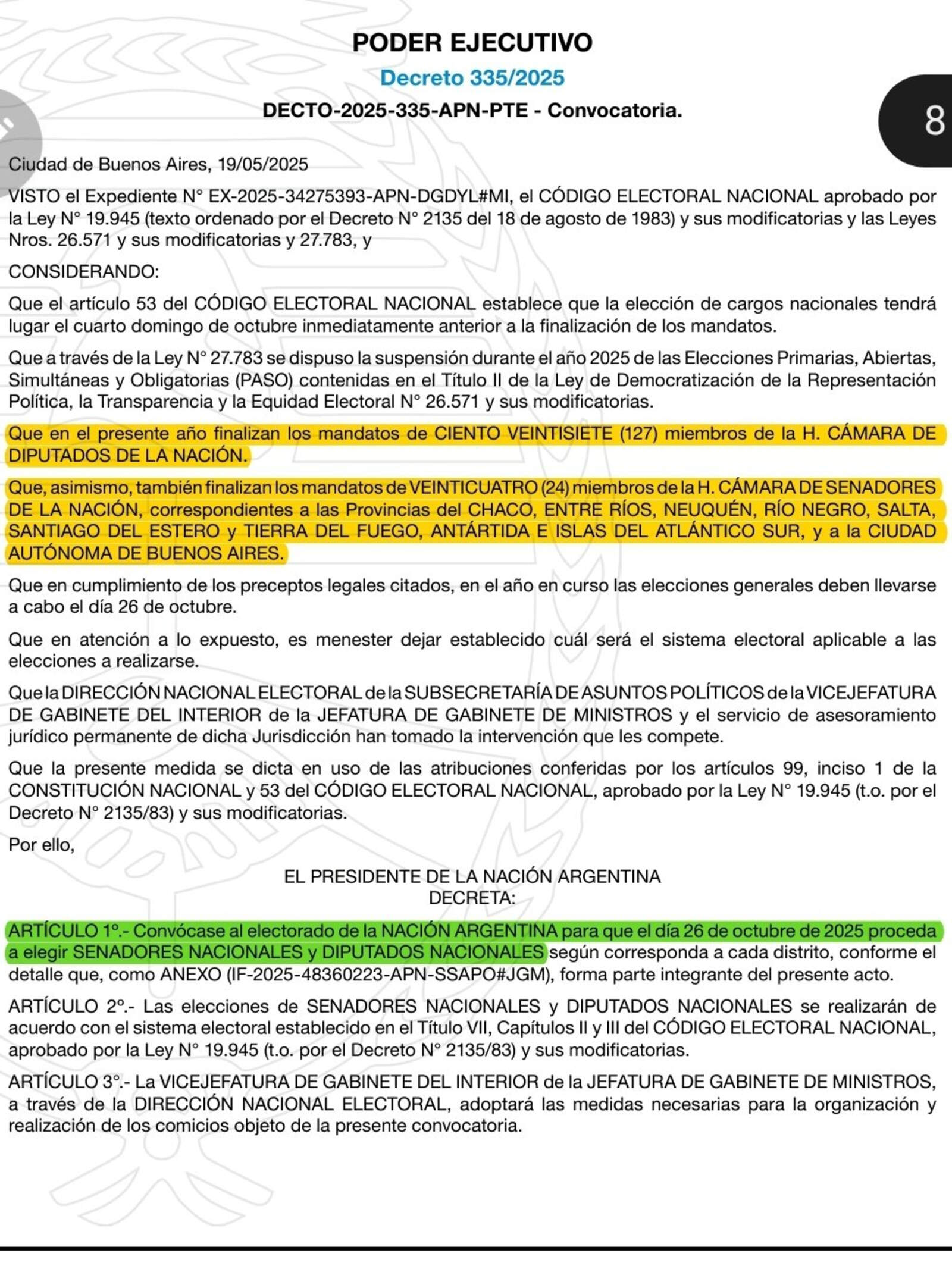
Simultaneously, through Decree 336/2025, also signed by Chief of Staff Guillermo Francos, the creation of the General Electoral Command was ordered, which will be responsible for ensuring security during the elections. This temporary body, made up of national and provincial armed and security forces, will be in charge of guarding the polling places, safeguarding electoral materials, monitoring data processing centers, and transporting the ballot boxes.
The operation will begin to deploy 55 days before the election, in line with the judicial approval of the Single Paper Ballot, according to the Agreement 26/2025 of the National Electoral Chamber. Personnel from the Army, Navy, Air Force, Gendarmerie, Coast Guard, Federal Police, Airport Security Police, and provincial forces will participate. All will be under the command of a General Electoral Commander, appointed by the Ministry of Defense, with active presence from 8:00 a.m. the day before the election until the completion of the count and withdrawal of materials.

